GENERAL DATA
Plant Parts: Leaves, Fruits, Bark, Resin
Cultivation Mode: Wild collection/ Cultivated
In Manufacturing: Pharmaceutical, Incense, Perfumery, Cosmetics, Aromatherapy
HARVEST CALENDAR
Feb
Mar
Apr
May
Jun
Jul
Aug
Sep
Oct
Nov
Dec
To order Cupressus sempervirens resin, please contact us.
About Cupressus Sempervirens
Cupressus sempervirens tree is evergreen. As a result of distilling the bark of the trunk of some species of Cypress, under high heat and without the presence of air, a very thick, black, viscous, and oily liquid is prepared, which is known as Tar. The Cypress tree has many, small, branched, strapped and relatively thin leaves. The flowers of this tree are brown and very small and grow at the end of its leaves. The height of this tree reaches twenty meters. Its trunk is straight and its branches are short, and the general shape of the tree is conical.
Cypress fruits are almost spherical, small, and dried plum-sized, with several pointed ridges on their surface. These fruits are green at first, but after fully ripening, they become dark and woody. Then they are split into several parts. Its taste is spicy, bitter, and very astringent. Inside these fruits, small, brown, and angular seeds with irregular shapes can be seen.
Drinking its decoction removes bladder waste and is useful for dysuria and ulcer. Gargling its decoction improves toothache, wound and gum loosening.
Its leaf poultice is useful for hernia, injury, bleeding, wound, swelling and fatigue. Also, its poultice with barley flour and water helps to treat hot eye swelling, erysipelas, pimples and fire burns.
Burnt Cypress leaf poultice is useful for fire burns.
Its fruit absorbs excess moisture from the body’s vessels. It increases intelligence and removes bad breath.
It also removes bleeding, forgetfulness, diarrhea, chronic cough, and dysuria. Fresh fruit extract of this tree is useful for hemorrhoids and nasal polyps.
If you grind its fruit with Fig and dip a wick in it and put it in the nose, it will remove the extra meat inside the nose.
The poultice of its grated fruit is used to treat hernia. A poultice made from a mixture of fruits and crushed leaves of Cypress with vinegar and Henna strengthens the hair and makes it black.
The poultice of its crushed leaves and fruits with beeswax and olive oil on the head, strengthens the stomach.
The powder of rusty wood of Cypress tree is a tonic for the bladder and prevents the increase of excrement and improves enuresis.
Chewing Cypress resin is useful to relieve excessive salivation.
Sniffing Cypress resin helps to enema the excess moisture in the brain.
The poultice of Cypress resin with Pomegranate (Punica granatum L.) flower heals wet head wounds and infected wounds.
Sniffing Cypress resin powder is useful for eliminating nasal polyps.
Cypress Doses
The fruit up to 1.2 gram.
Cypress Side Effects
Lung. Its fruit makes the complexion yellow.
Cypress Modifiers
Gum Tragacanth. Honey and sweet almond oil for its fruit.
To order Cupressus sempervirens resin, please contact us.

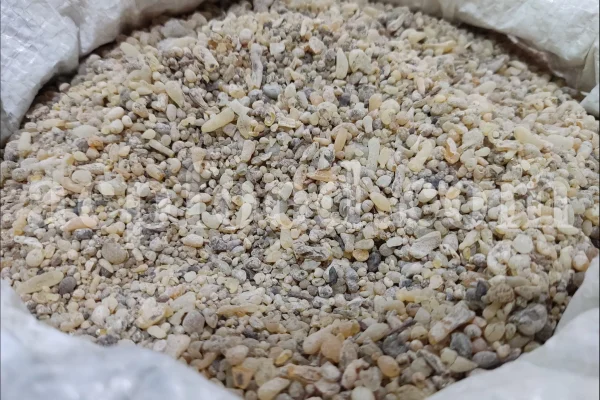

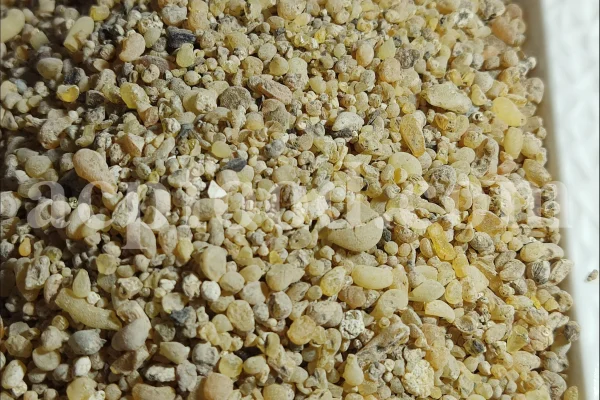
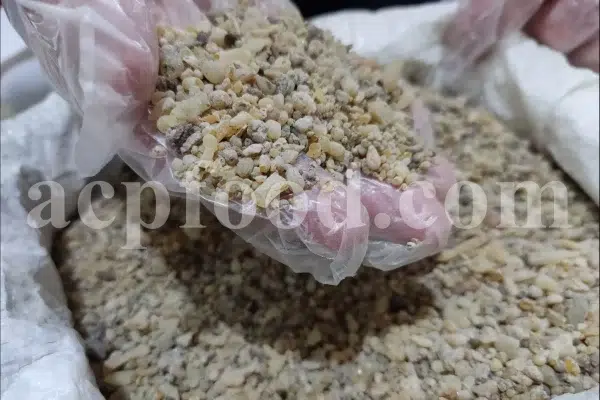
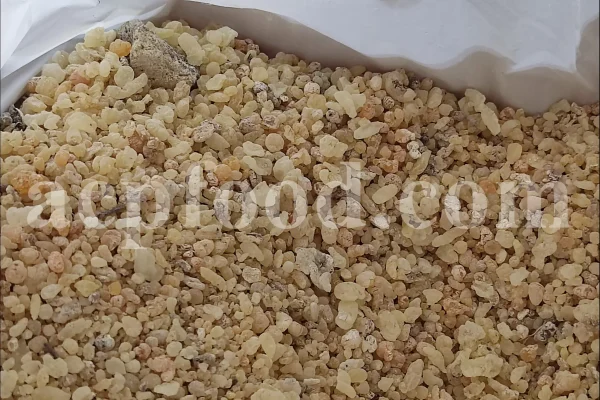




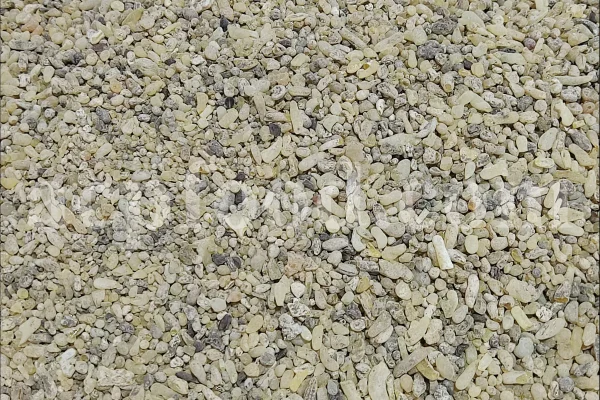
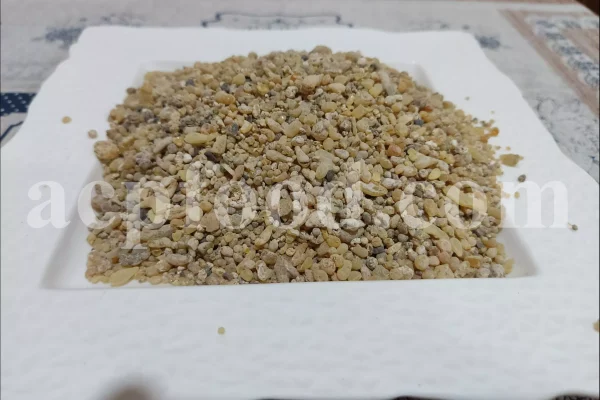
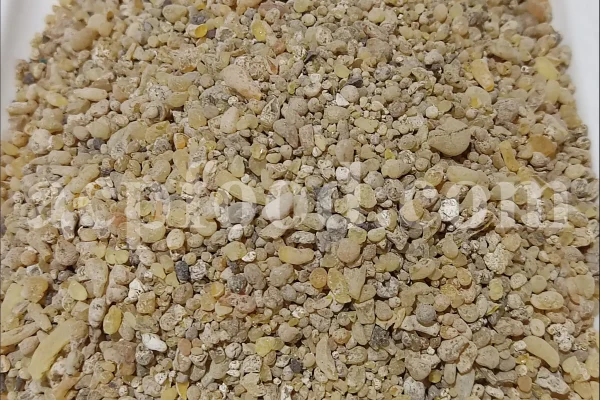
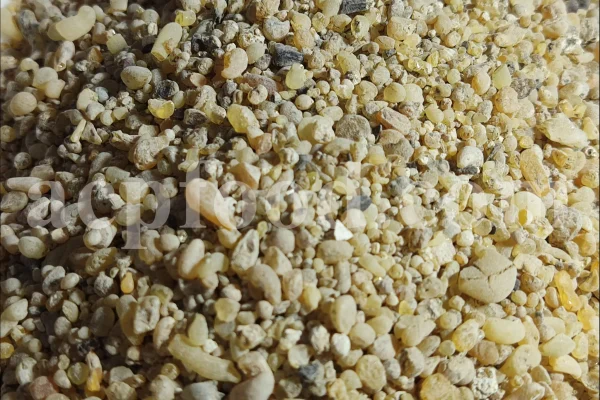
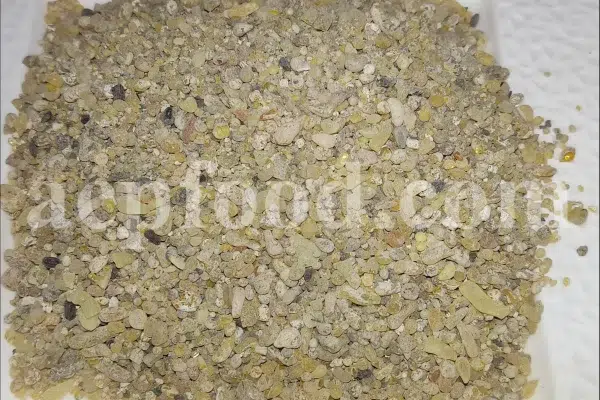
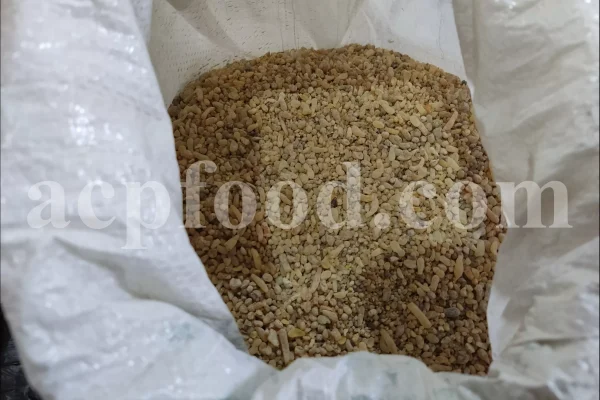
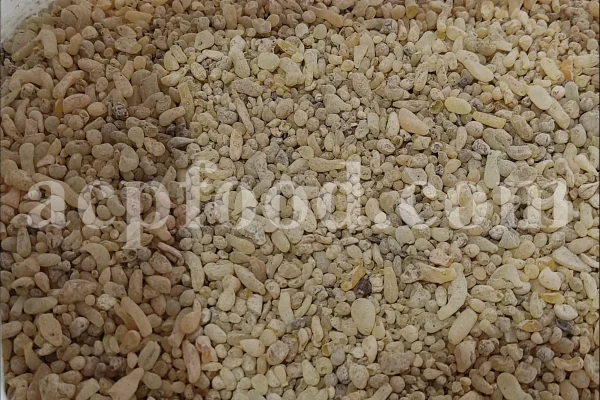
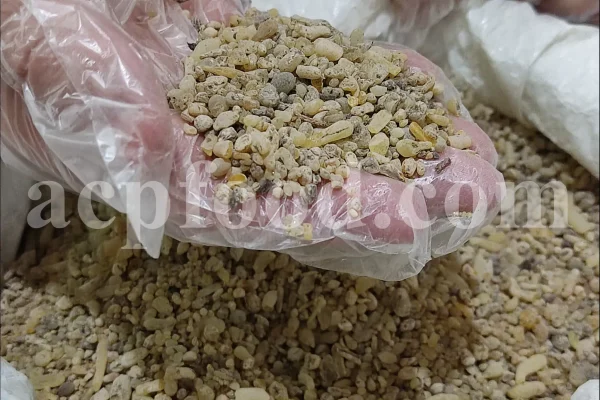
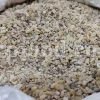

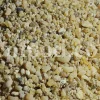
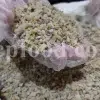
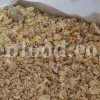
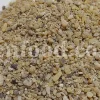
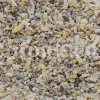

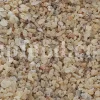
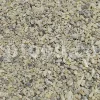
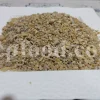
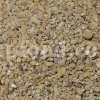
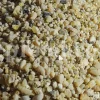
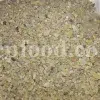
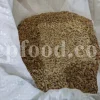
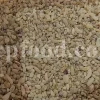
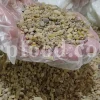
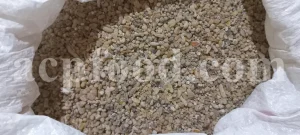

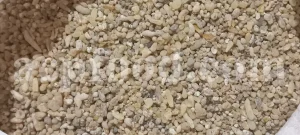
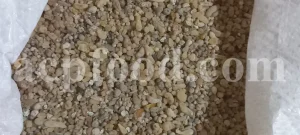
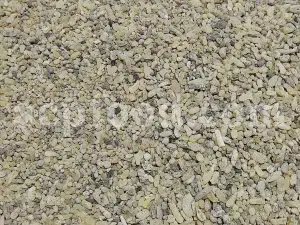
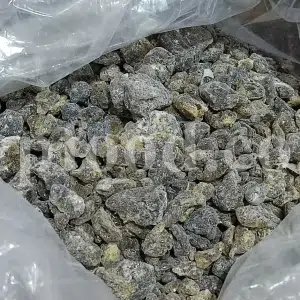
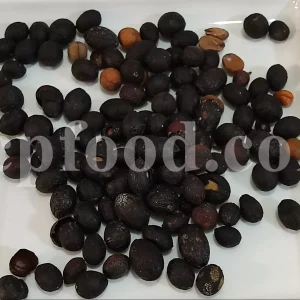
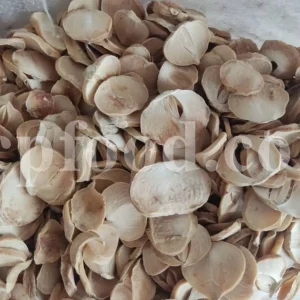

Reviews
There are no reviews yet.